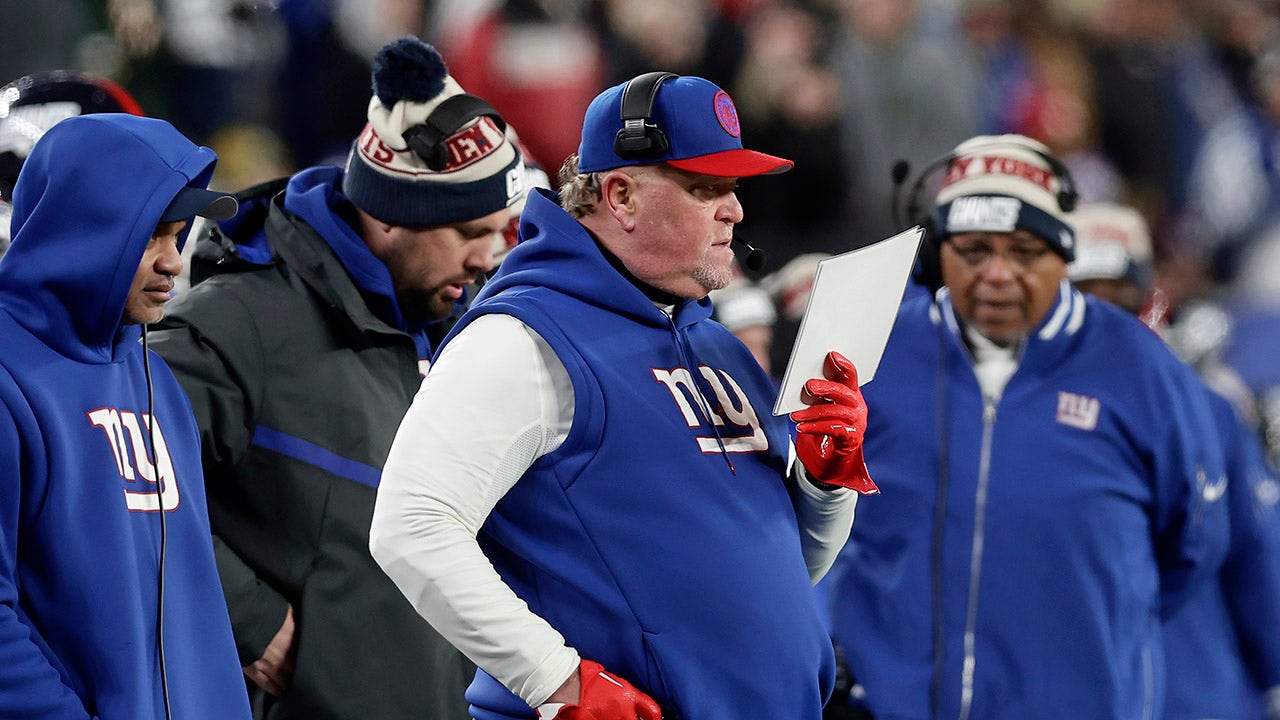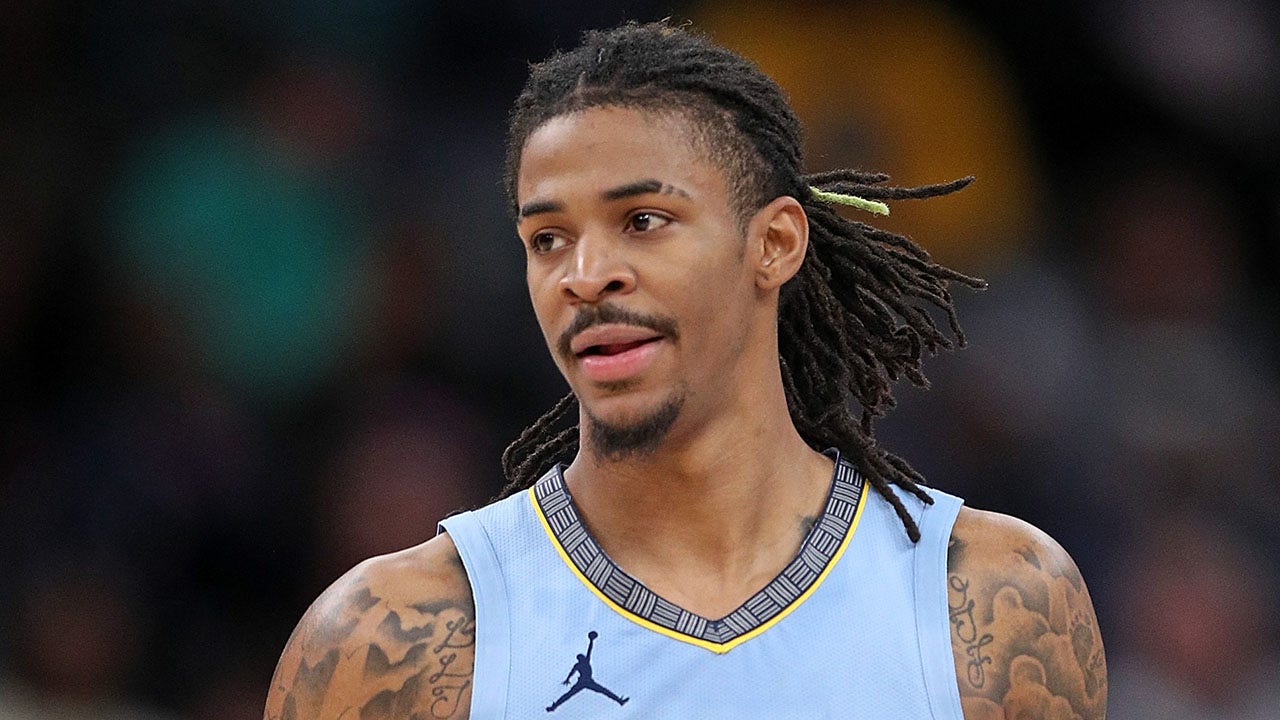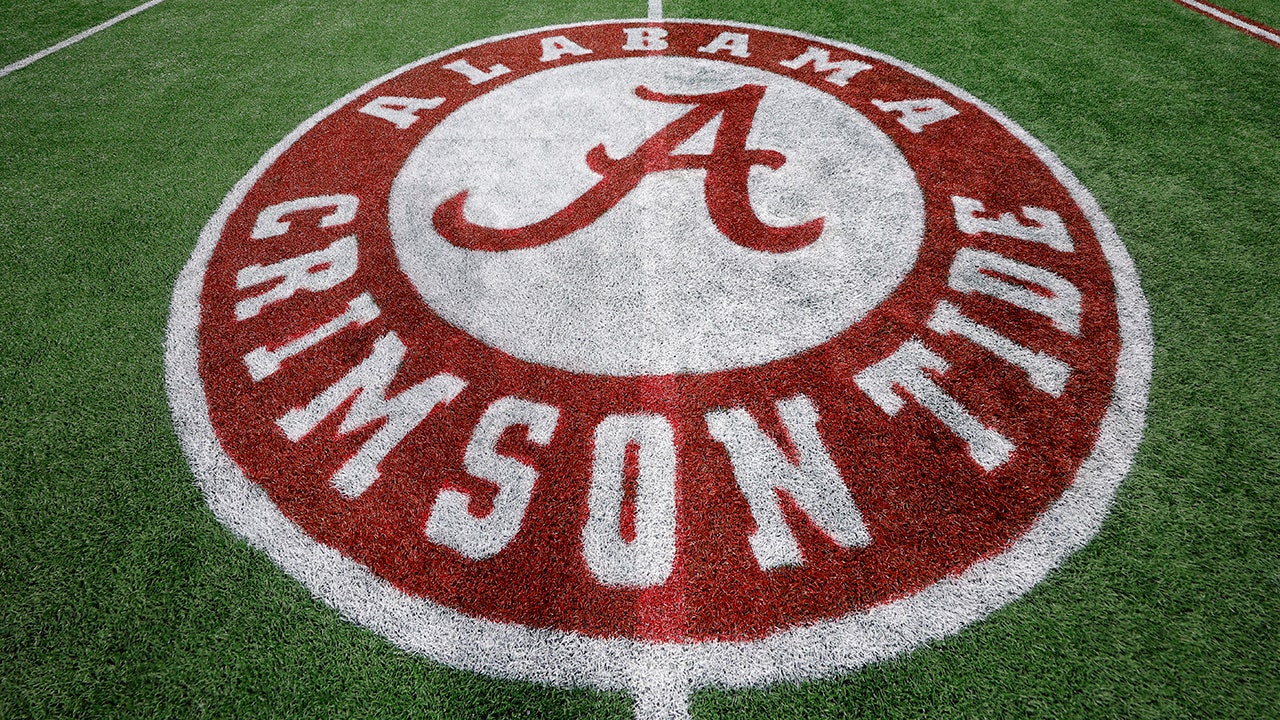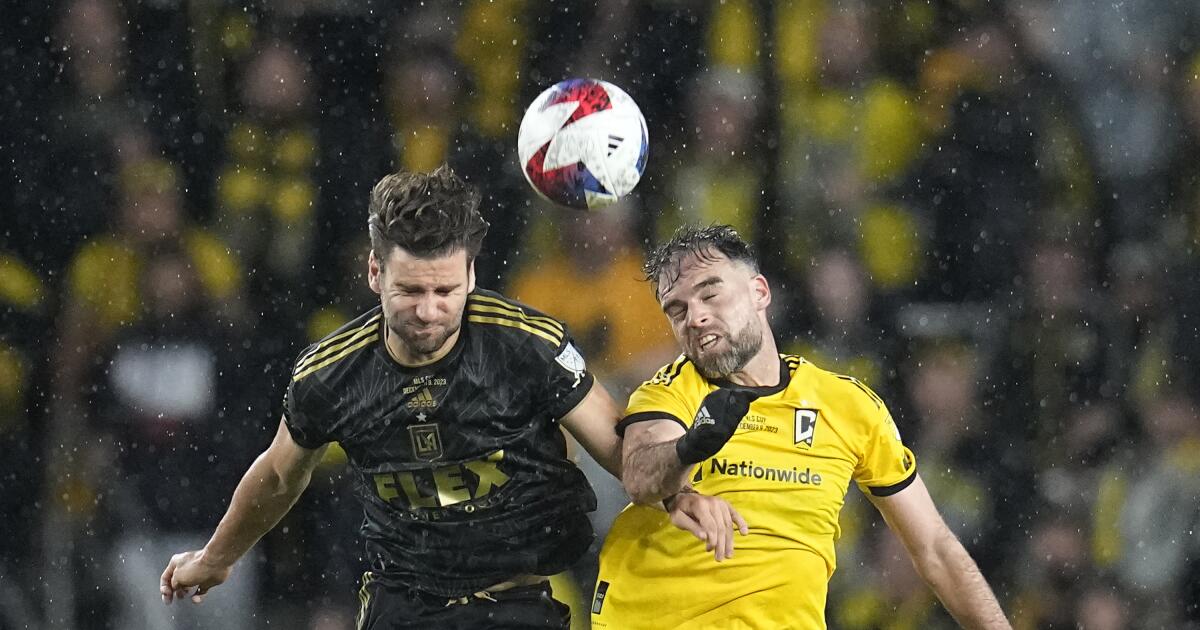Perspective | Did you forget how good Washington once was? The Huskies remember.
Steve Emtman, the all-American defensive tackle who became the No. 1 pick of the 1992 NFL draft, burst into the backfield to disrupt a run. Kaufman braced for the thunderous impact. But Emtman did something more intimidating. He didn’t hit him. He just screamed as he ran past the new kid. The unknown — the threat — was far more haunting.
“Real loud,” Kaufman said of the scream, laughing. “It was like: ‘This is crazy. Okay, this ain’t high school.’ ”
Despite the intimidating welcome, it was the time of his football life. In 1991, the Huskies went 12-0, trounced Michigan in the Rose Bowl and won a share of the national title. The late Don James, their Hall of Fame coach and the program’s immortal “Dawgfather,” completed his masterpiece. Kaufman made a tidy contribution as a kick returner and third-string back, and four years later, he exited as Washington’s all-time leading rusher, a record that stood for 17 years.
But like the Emtman hit that never came, a poignant unknown disturbed that glorious era of Washington football. The Huskies will always have 1991, but they could’ve had so much more. They lost it — or in their hearts, it was taken from them — not on the field but because of a scandal that began with quarterback Billy Joe Hobert receiving $50,000 in loans and led to an investigation and Pac-10 sanctions that, in retrospect, look excessive. Now that we’re in the name, image and likeness era of college sports, any past overpolicing of wickedly exploited athletes seems ludicrous.
Washington paid an exorbitant price for this structural hypocrisy. The torment hasn’t really stopped until now, more than three decades later. On Monday night, the Huskies finally will play again for the national title. Michigan stands in their way, the same program Washington ran through during the Rose Bowl on Jan. 1, 1992, to share that championship with Miami.
The symmetry is more than a coincidence to loyal observers. It feels like a message, confirmation that the program is still what they’ve longed for it to be. The Huskies have spent most of the past 32 years hugging nostalgia, enduring a wild ride of false hope and hardships and refusing to settle for less than the standard James set. At last, they’re back.
“If you had told me in 1991 that it would take this long, I wouldn’t have believed it,” Kaufman said. “What we did my freshman year, when you’re that young, looking back, we took it for granted. The program was in the Rose Bowl three straight years at the start of the ’90s. It’s amazing how long it has been to get back to this level.
“Am I surprised? I think the word I would use is frustrated. People have been frustrated.”
You must remember how great James and the Huskies were at the time of the scandal. They had ascended to perennial top-five status. Even in the old scattershot bowl system that sometimes resulted in co-champions and left schools hypothesizing about the superior team, they seemed a threat to win more titles. In 1984, with their Purple Reign defense, they went 11-1 and finished an agonizing second to BYU in the final polls. Later, after failing to make a bowl appearance in 1988, James adjusted and refreshed his program, leading to its longest stretch of dominance.
Across parts of three seasons from 1990 to 1992, Washington won 22 straight games. If Coach Kalen DeBoer can put together one more winning game plan, it will be his team’s 22nd straight victory over a two-season stretch. During James’s hot streak, the Huskies were 30-2 at one point. If not for a November loss to UCLA, they would have been in good position to win the 1990 title. They closed that season with two emphatic victories, went undefeated the next season and entered a November 1992 game against No. 12 Arizona with an 8-0 record and the No. 1 ranking.
Then came scandal and catastrophe. The Huskies lost three of their final four games, including a Rose Bowl defeat to Michigan. James retired before the 1993 season, angry over sanctions that included a two-year bowl ban.
For most of the past 30 years, Washington has been left to debate its place in a transient game, one of several marquee programs of the 1980s and 1990s whose present yo-yos between the joy of the past and outside pessimism about the future. Except for six straight losing seasons from 2004 to 2009, Washington has fielded good teams taunted by fleeting glimpses of greatness. Rick Neuheisel guided the 2000 team to an 11-1 record and a Rose Bowl triumph, but the Huskies didn’t win another New Year’s Six bowl until last week when they outlasted Texas, 37-31, in the Sugar Bowl.
The promise of Neuheisel quickly disintegrated and ended with a bizarre gambling probe for participating in a neighborhood NCAA tournament pool. The school fired him, Neuheisel sued, and the sides reached a $4.5 million settlement. After two seasons with former James lieutenant Keith Gilbertson, Washington turned to Tyrone Willingham, who bottomed out with an 0-12 season in 2008. Since then, the Huskies have enjoyed a gradual climb despite coaching turnover, rebuilding under Steve Sarkisian and returning to consistent 10-win status under Chris Petersen. Jimmy Lake, a defensive guru who was promoted after Petersen retired, flamed out within two seasons, paving the way for DeBoer.
DeBoer inherited a 4-8 team. He has gone 25-2, mastering every critical clutch moment and making it seem as if the rough patch after Petersen didn’t happen. With Petersen’s last recruiting class as the foundation, DeBoer has supplemented the talent with good strategy, a dynamic offense and smart recruiting, mostly through the transfer portal, where he reunited with Maxwell Award-winning quarterback Michael Penix Jr.
The Huskies haven’t taken a long path back to 1991. They’re living in the now, at last. They have renovated the kingdom that James and coaches before him built, connecting every era of Washington football. They have re-energized a program that owned the city long before Seattle was home to professional sports franchises.
“There was a history and legacy of success that people expected of that team, and it reached a peak in 1991,” said Mike Gastineau, a retired Seattle sports radio host who wrote the book “Fear No Man” about the 1991 Huskies. “They were it. They were the hot ticket in this town.
“[Ken Griffey Jr.] was starting to happen, but the Mariners didn’t have much of a baseball profile. The Seahawks were going through a rough patch. The Sonics were fallow as well. It would be another year or so before Gary Payton and Shawn Kemp fascinated everyone. The Huskies were what Seattle had and all they had before everybody else got going.”
Kaufman is 50 now. In 2000, he left the NFL at 27 and turned to faith. He’s the pastor at the Well Christian Community Church in Livermore, Calif. He has lived several lives, wondering all the while when his school might experience those 1991 vibes again.
He doesn’t have to be haunted by that unknown anymore. The rest of his teammates he so admired as a freshman — a star-studded list that included Mario Bailey, Ed Cunningham, Lincoln Kennedy, Dave Hoffmann and, of course, Emtman — can exhale a bit, too. The Huskies still have another game to win, a showdown between 14-0 teams. But the program feels settled again. If Washington can retain DeBoer, it figures to remain that way.
“I just can’t describe how excited I am,” Kaufman said, words that numerous former Huskies have echoed this week. “It’s the way the program looks and feels. It’s just a classy operation. We all feel so connected.”
If they were once stuck in time, they’re timeless now. Washington football belongs again. For this welcome party, there are many generations ready to scream like Emtman.







